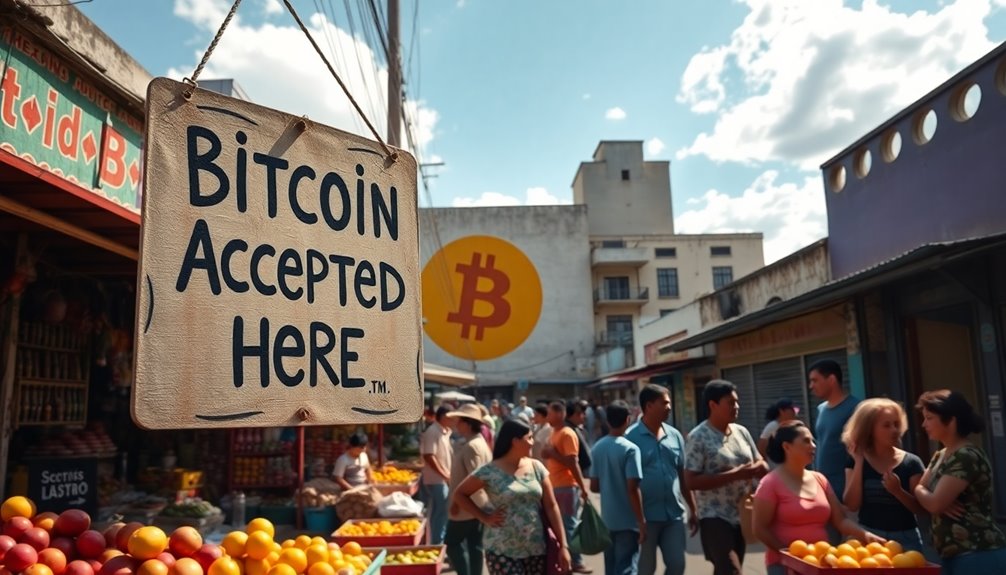El Salvador's recent decision to revoke Bitcoin's status as legal tender marks a significant shift in its economic strategy. You might wonder how this change affects the country's financial landscape and what it means for the future of cryptocurrency adoption. With ongoing challenges and a looming $1.4 billion loan agreement with the IMF, the implications could be far-reaching. What led to this pivotal moment, and how will it reshape the crypto narrative?

As El Salvador moves to revoke Bitcoin's status as legal tender, many are left questioning the future of cryptocurrency in the nation. Since becoming the first country to adopt Bitcoin as legal tender in 2021, the government has faced significant challenges. The International Monetary Fund (IMF) has criticized these policies, pointing to financial risks that have raised concerns among citizens and investors alike.
El Salvador's move to revoke Bitcoin's legal tender status raises questions about the future of cryptocurrency in the nation.
You might recall that despite the government's push, the adoption of Bitcoin didn't significantly boost financial inclusion or improve the economy, with only about 8% of Salvadorans using Bitcoin for payments by 2024.
In January 2025, the Legislative Assembly approved reforms to remove Bitcoin's legal tender status. This means that Bitcoin's use is now voluntary, and businesses aren't required to accept it. You can't use Bitcoin for tax payments or settling government debts either.
The government is also stepping back from its involvement in the Chivo Wallet, which was initially touted as a way to facilitate Bitcoin transactions. This shift comes as part of a broader agreement for a $1.4 billion IMF loan, aimed at stabilizing the country's struggling economy.
The economic implications of these changes are significant. The IMF has consistently highlighted the risks associated with Bitcoin's volatility, and El Salvador continues to hold over 6,000 Bitcoins, valued at hundreds of millions of dollars.
While Bitcoin adoption initially spiked tourism, it ultimately fell short of delivering substantial economic benefits. Public trust has also eroded, primarily due to technical issues and hacking incidents related to the Chivo Wallet.
Public reaction has been largely skeptical, with over 70% of the population initially opposing Bitcoin's adoption. Many merchants faced challenges in adopting Bitcoin due to its volatility and technical difficulties, leading to limited acceptance in businesses.
Allegations of corruption and fraud during Bitcoin's rollout further complicated matters, despite the global attention El Salvador received for its crypto initiatives.
Moving forward, the government seems committed to cryptocurrency, continuing to invest in Bitcoin and aiming to maintain its reserves. You might notice that discussions about integrating Bitcoin into national reserves are ongoing.
While El Salvador's experience with Bitcoin has been complex, the country is adapting its strategy to current economic conditions while still holding a pro-crypto stance. The road ahead will be crucial in determining how cryptocurrency evolves in this Central American nation.









